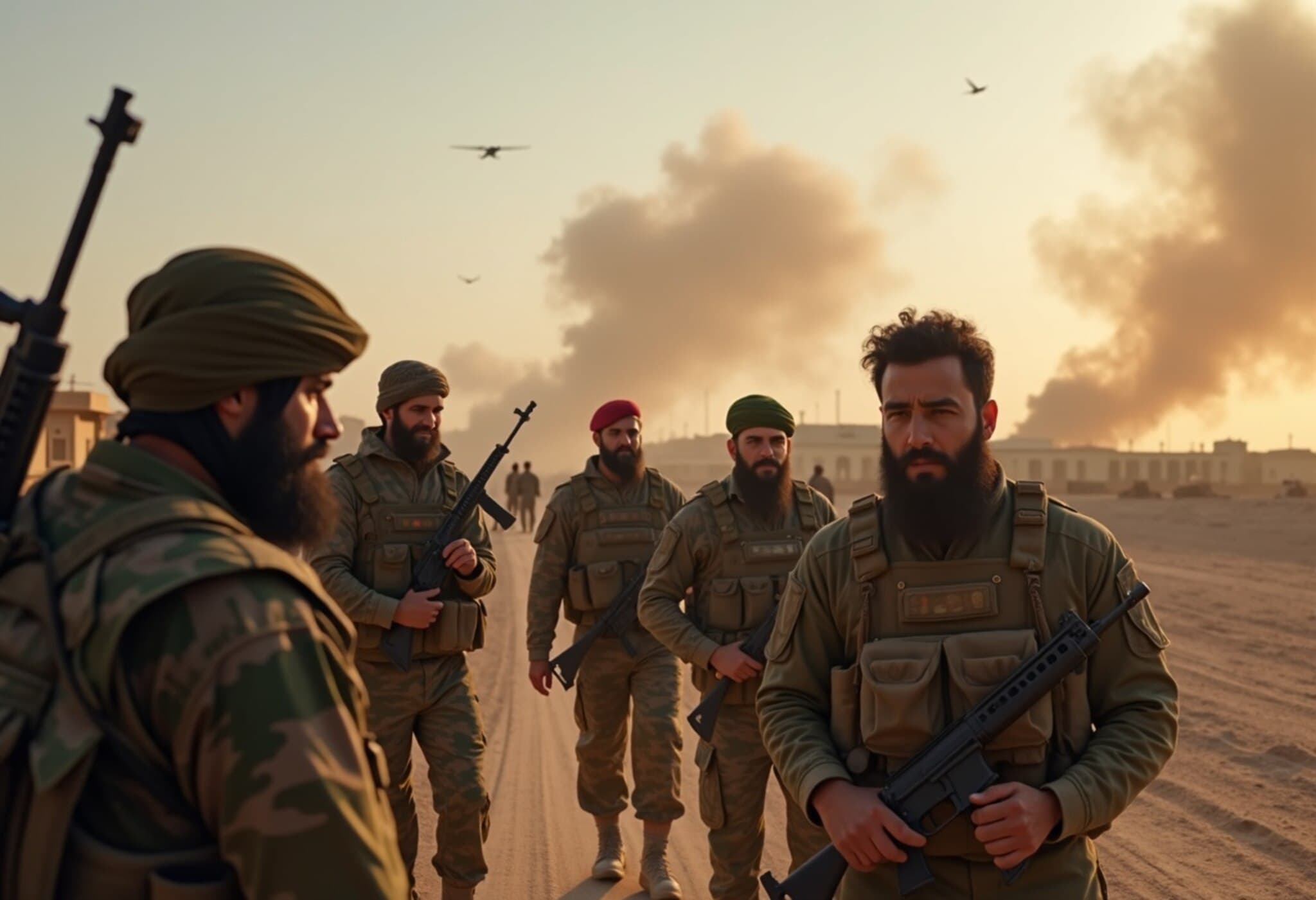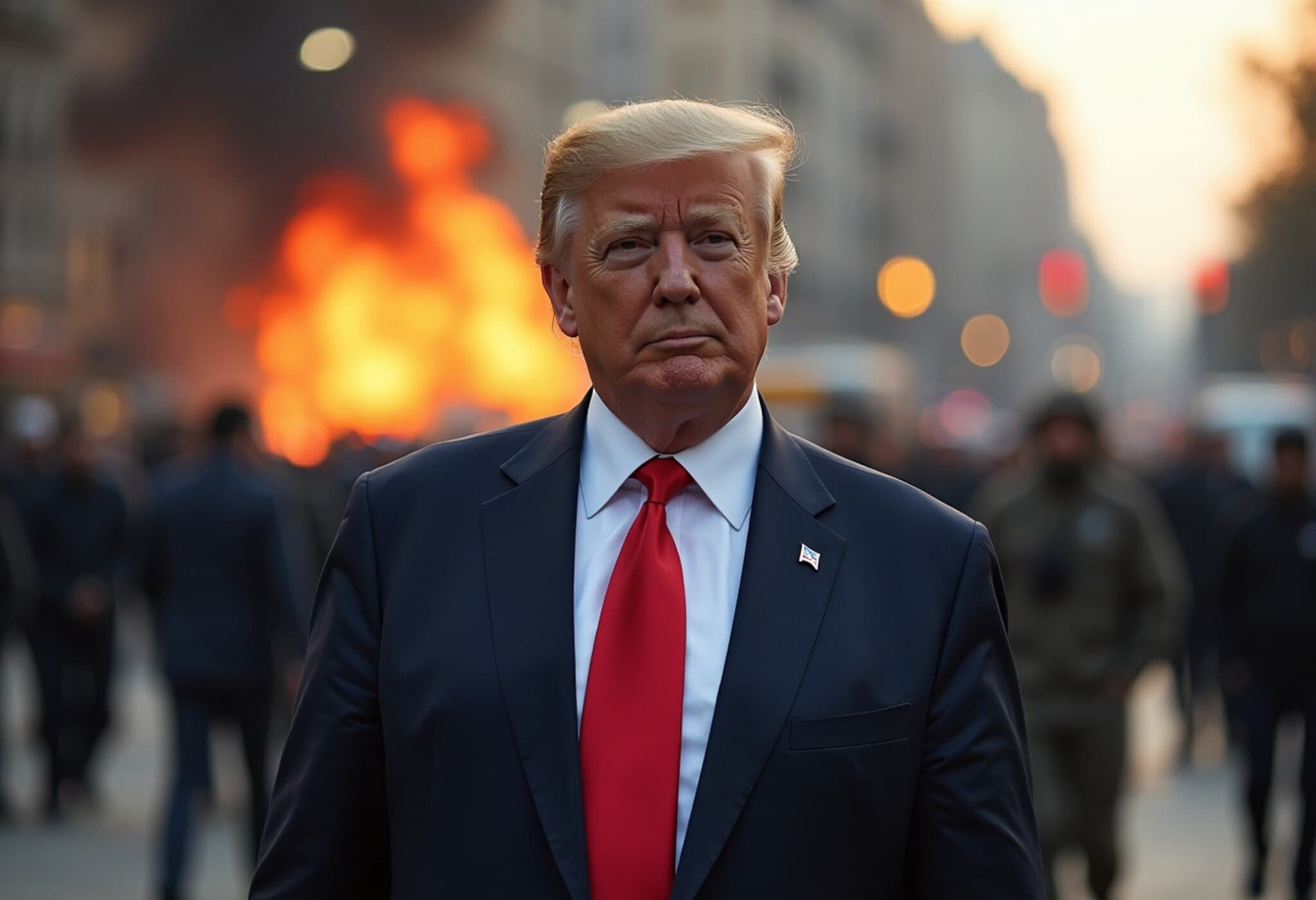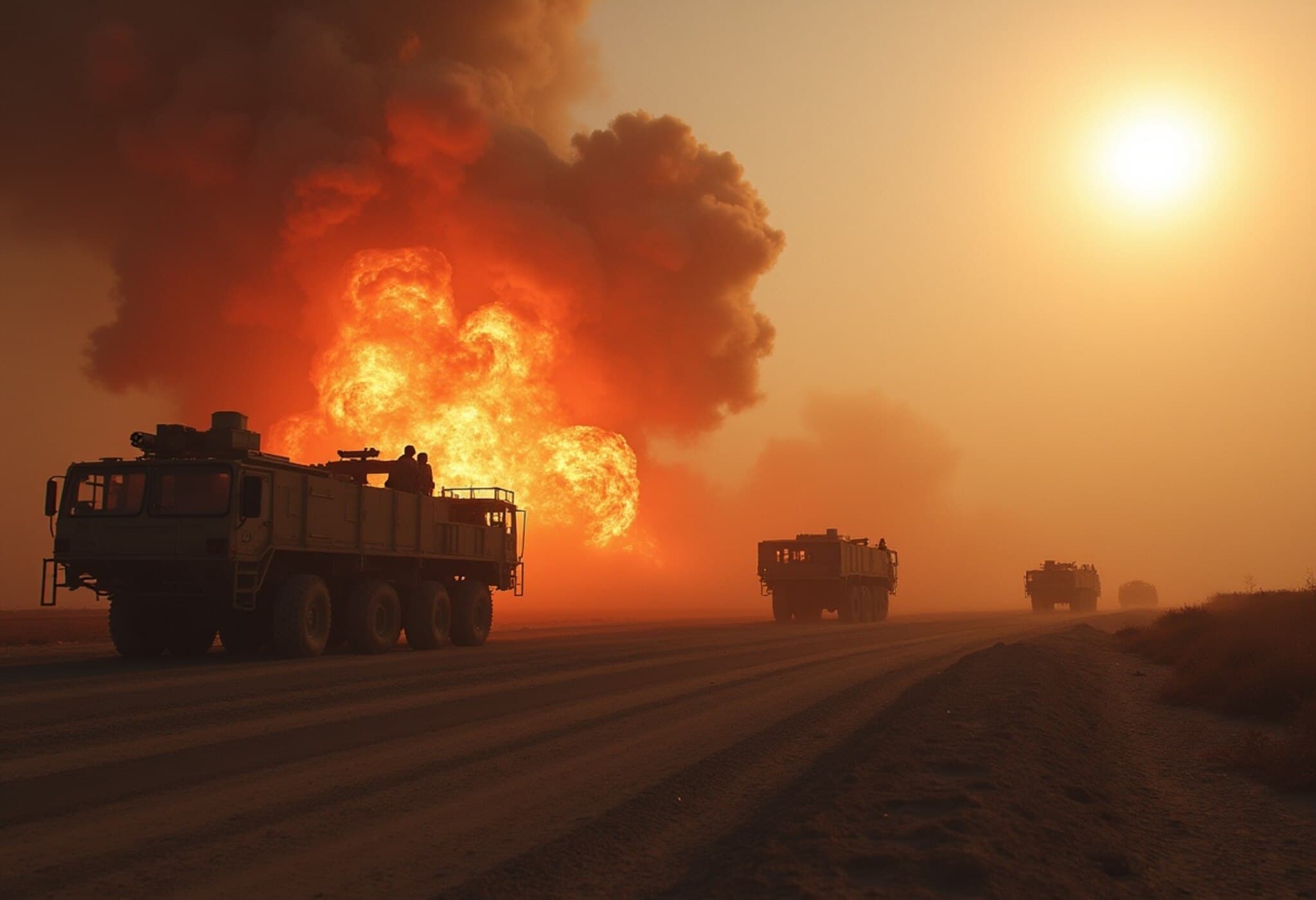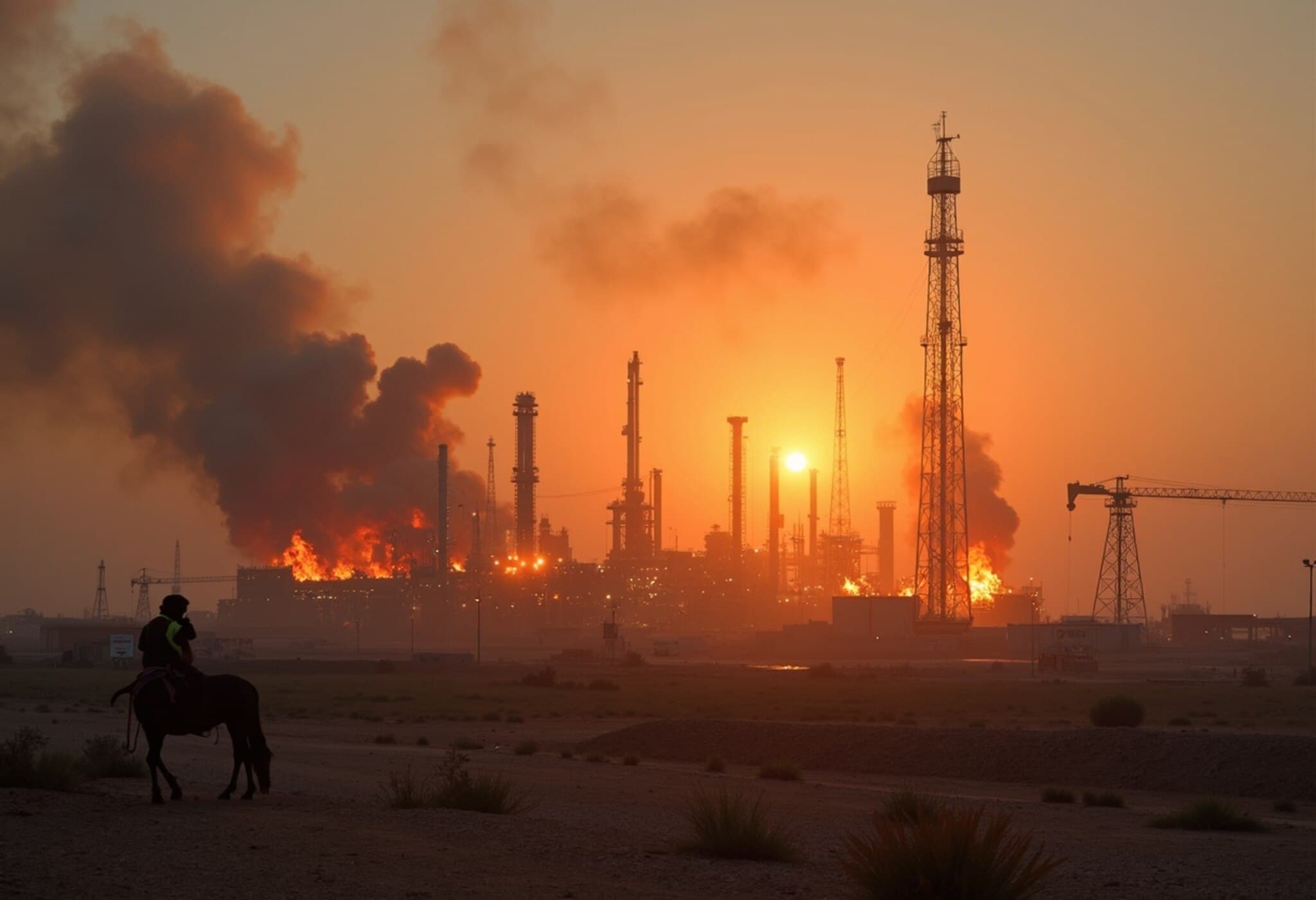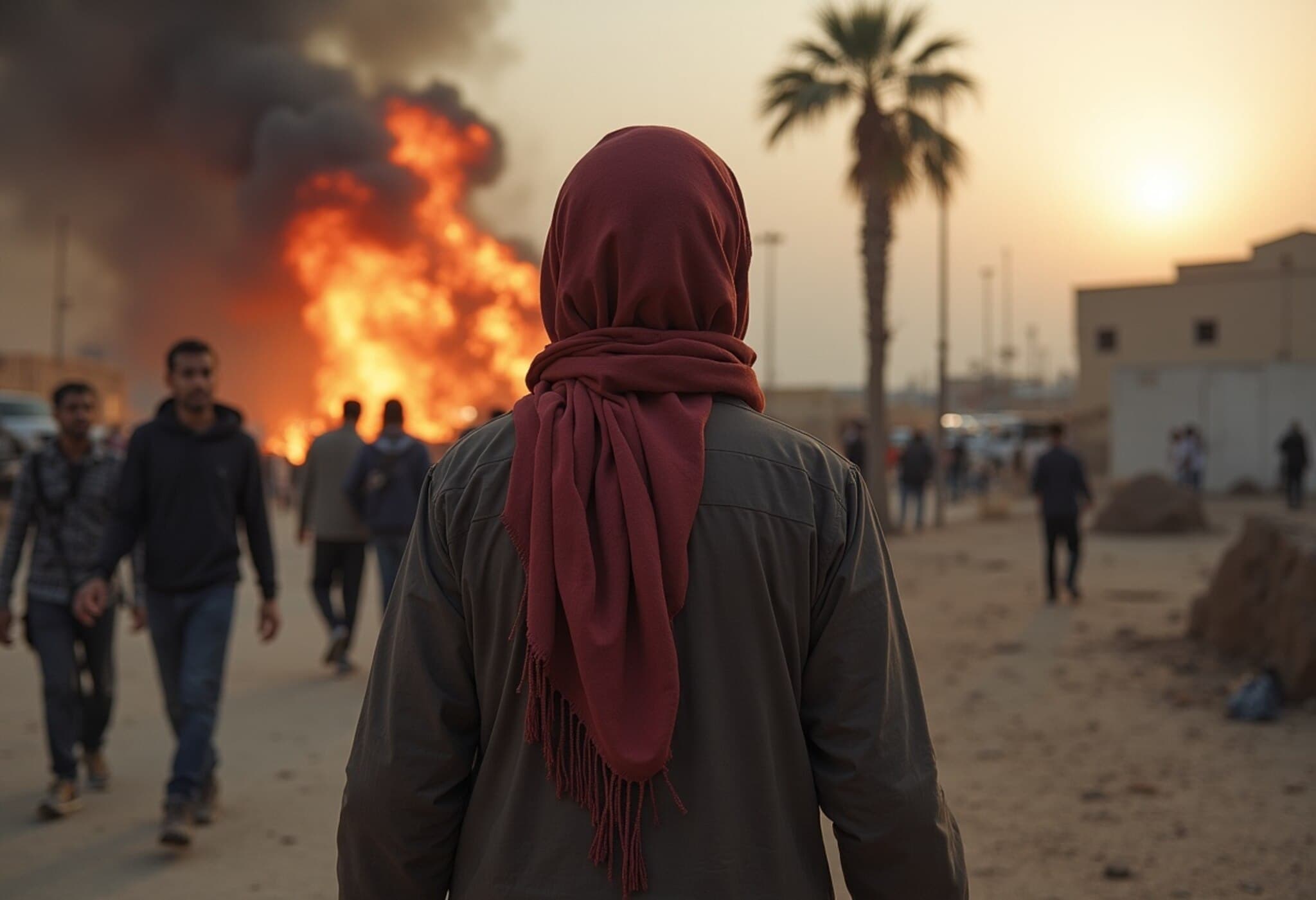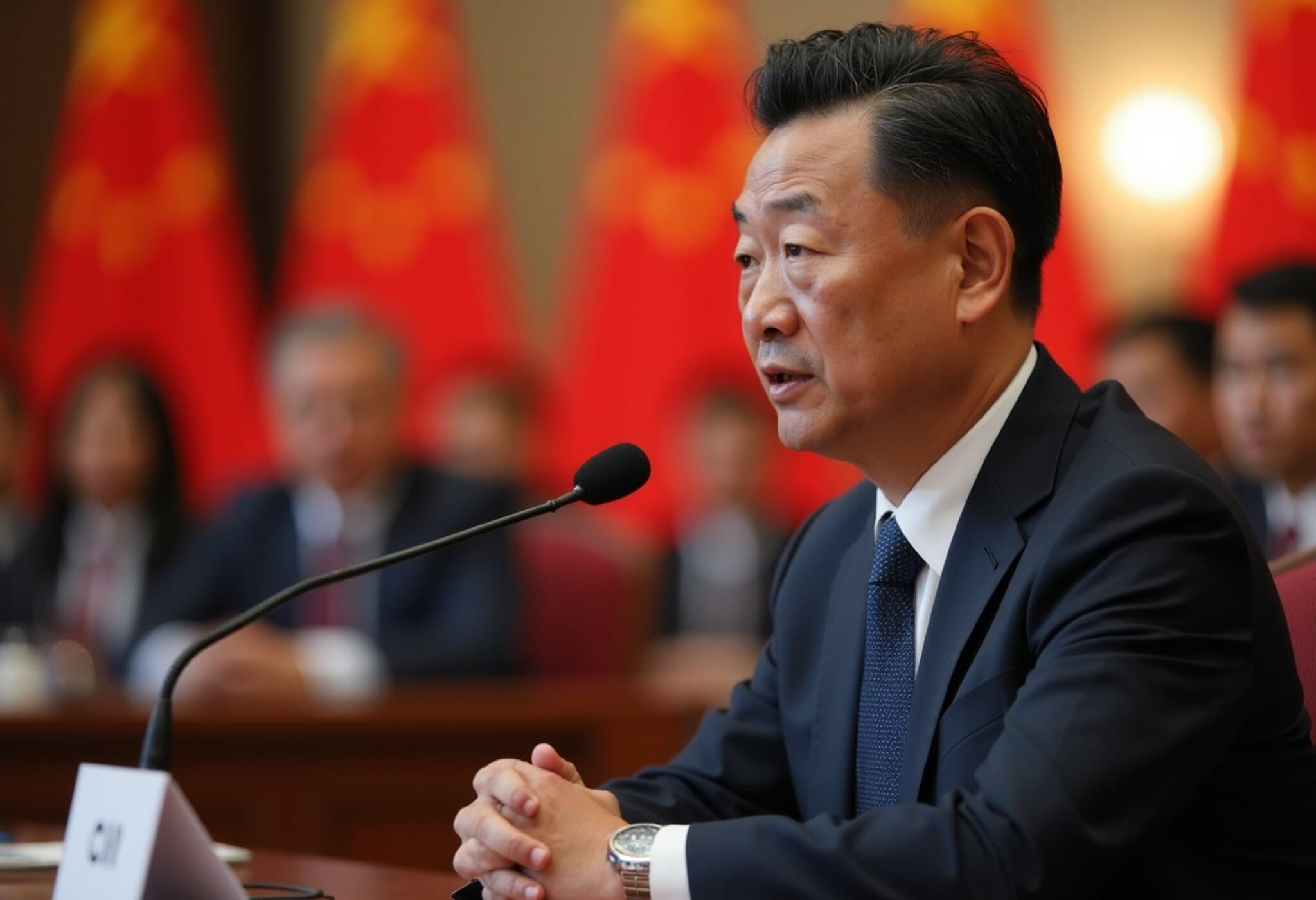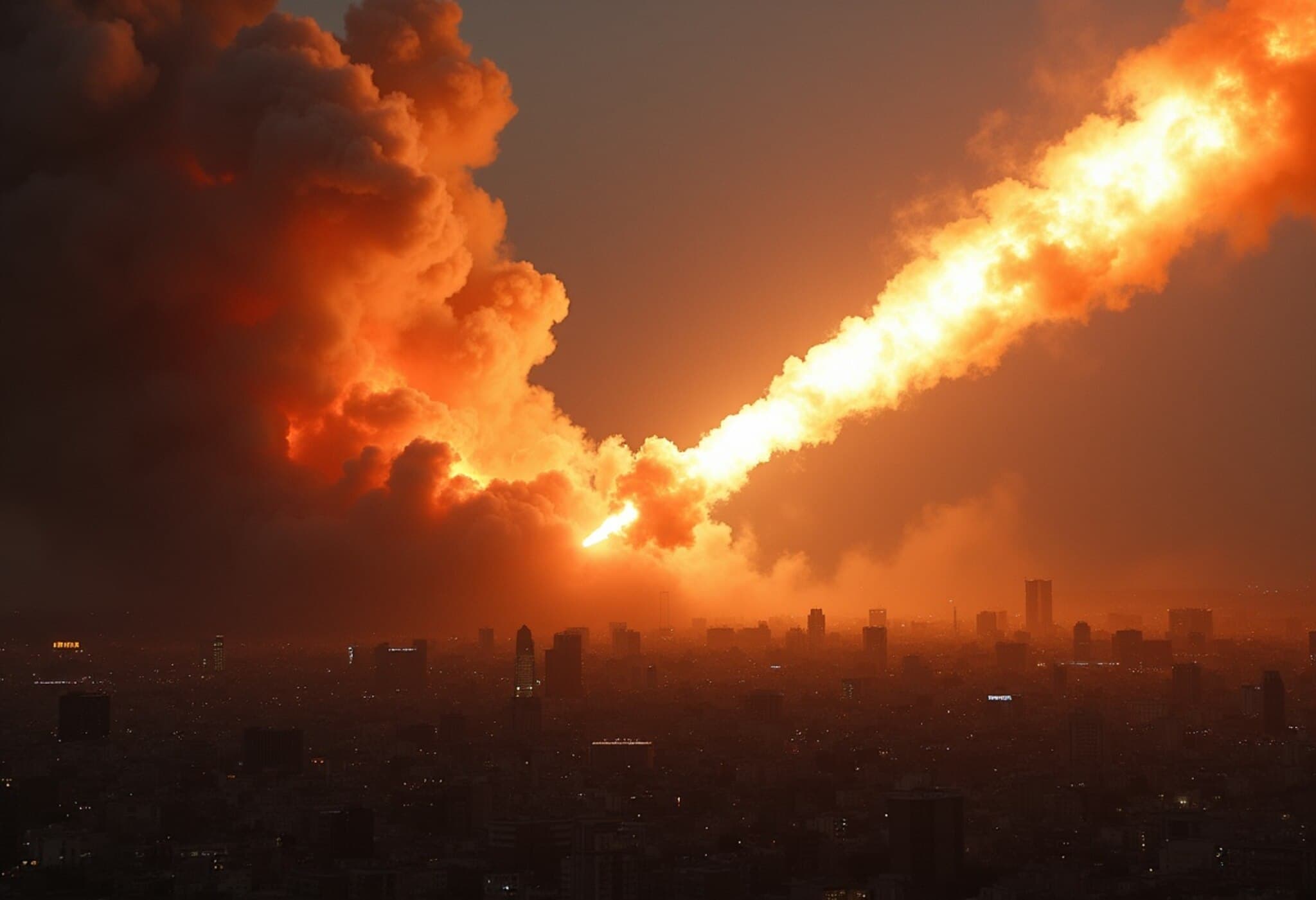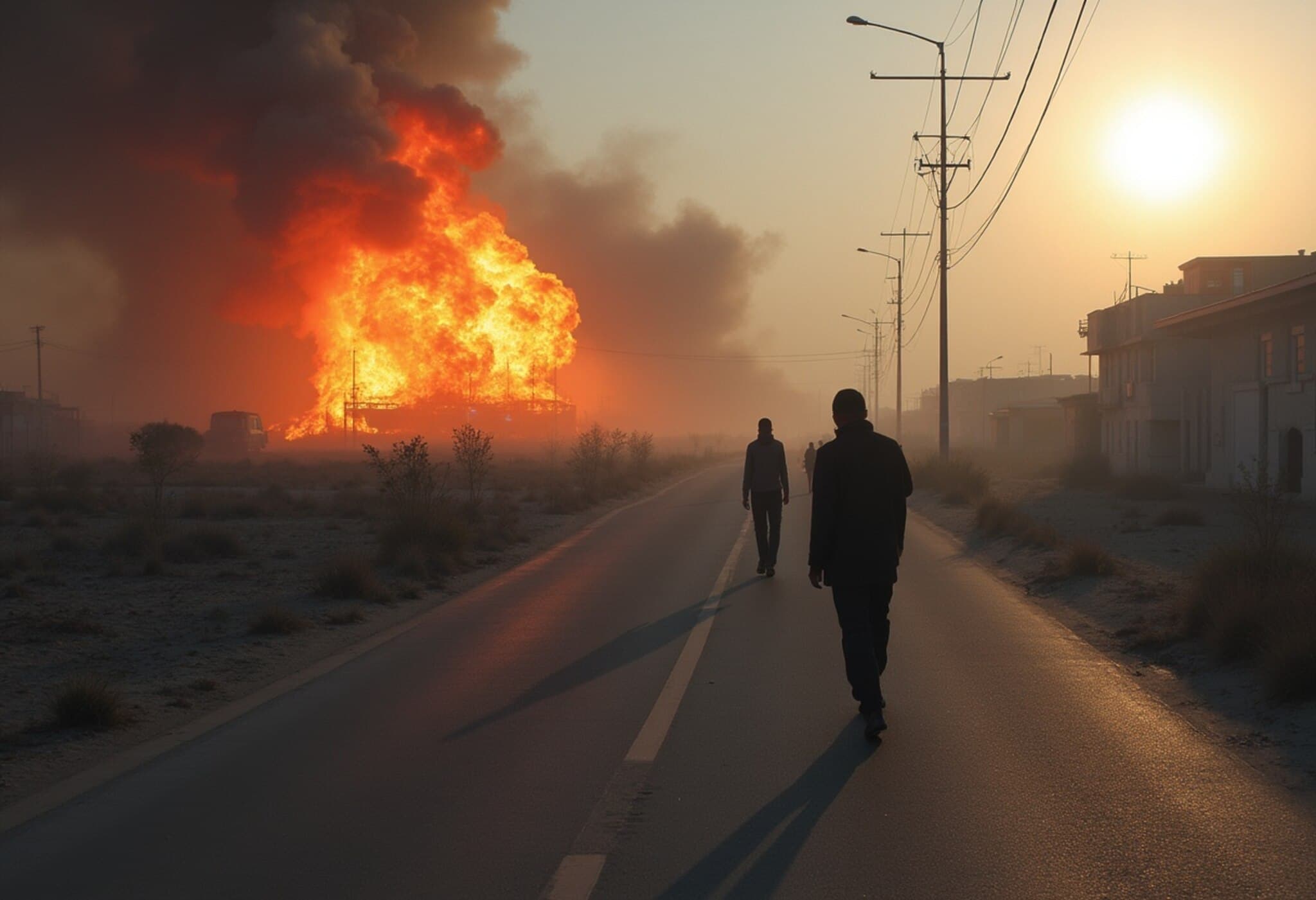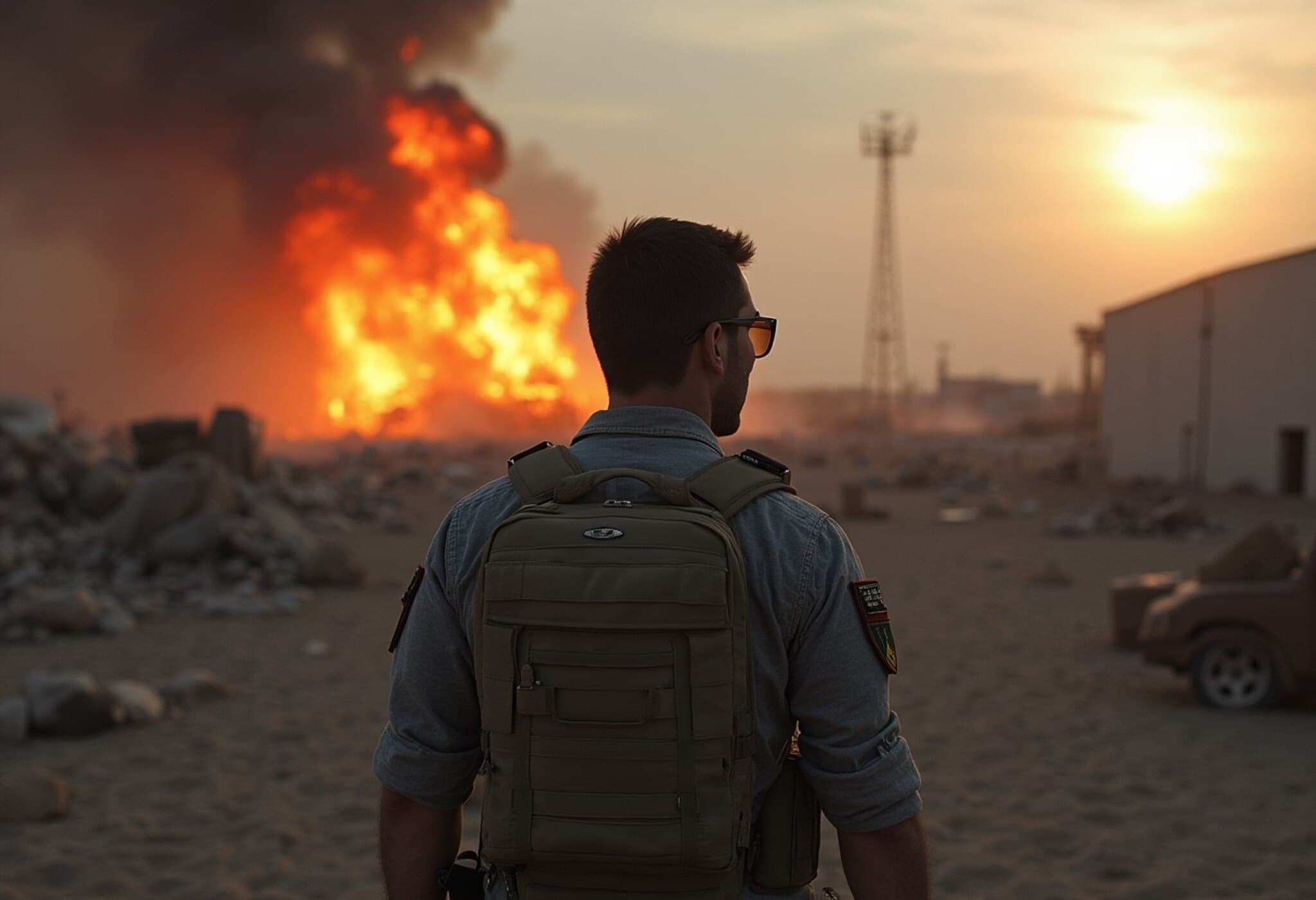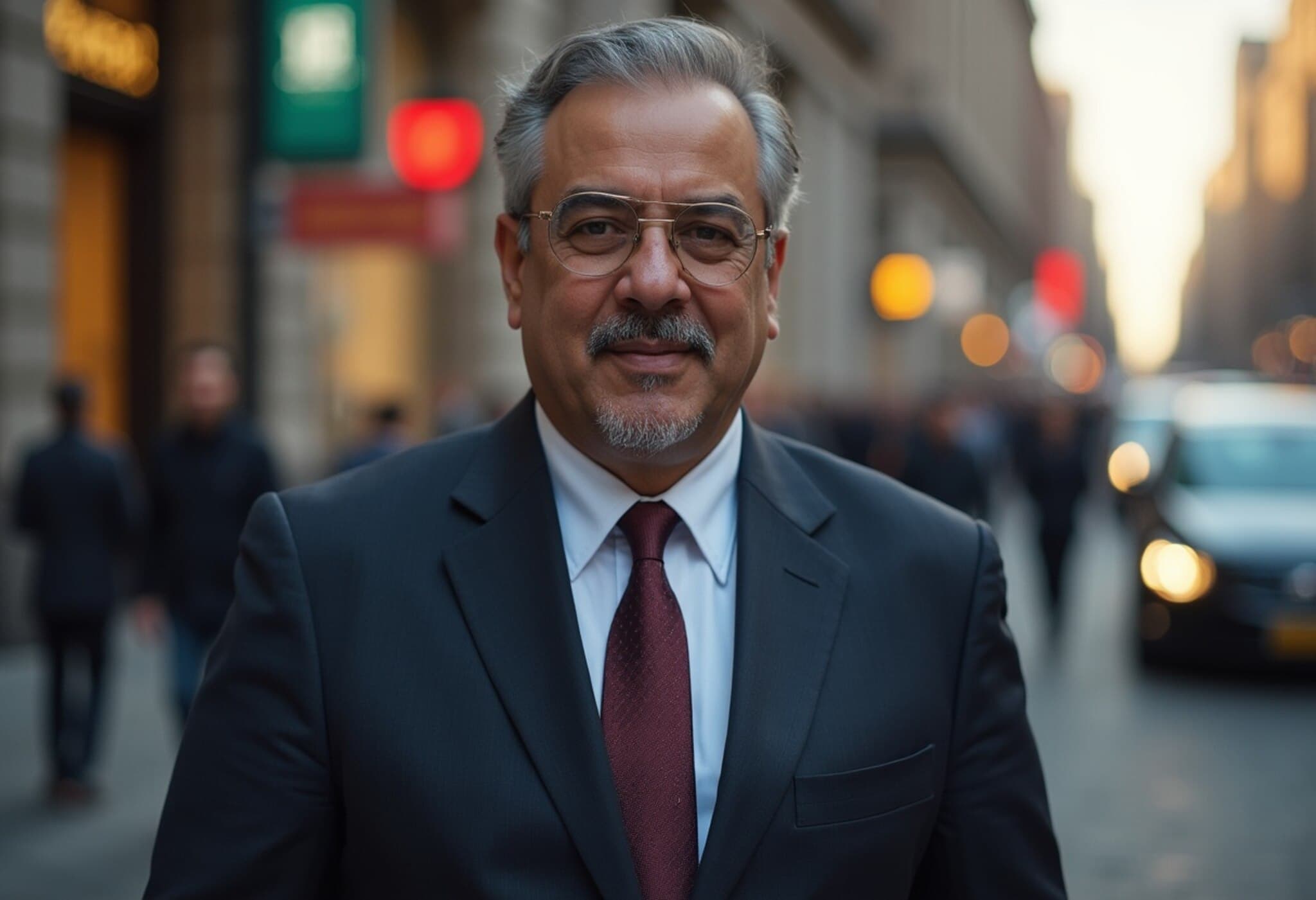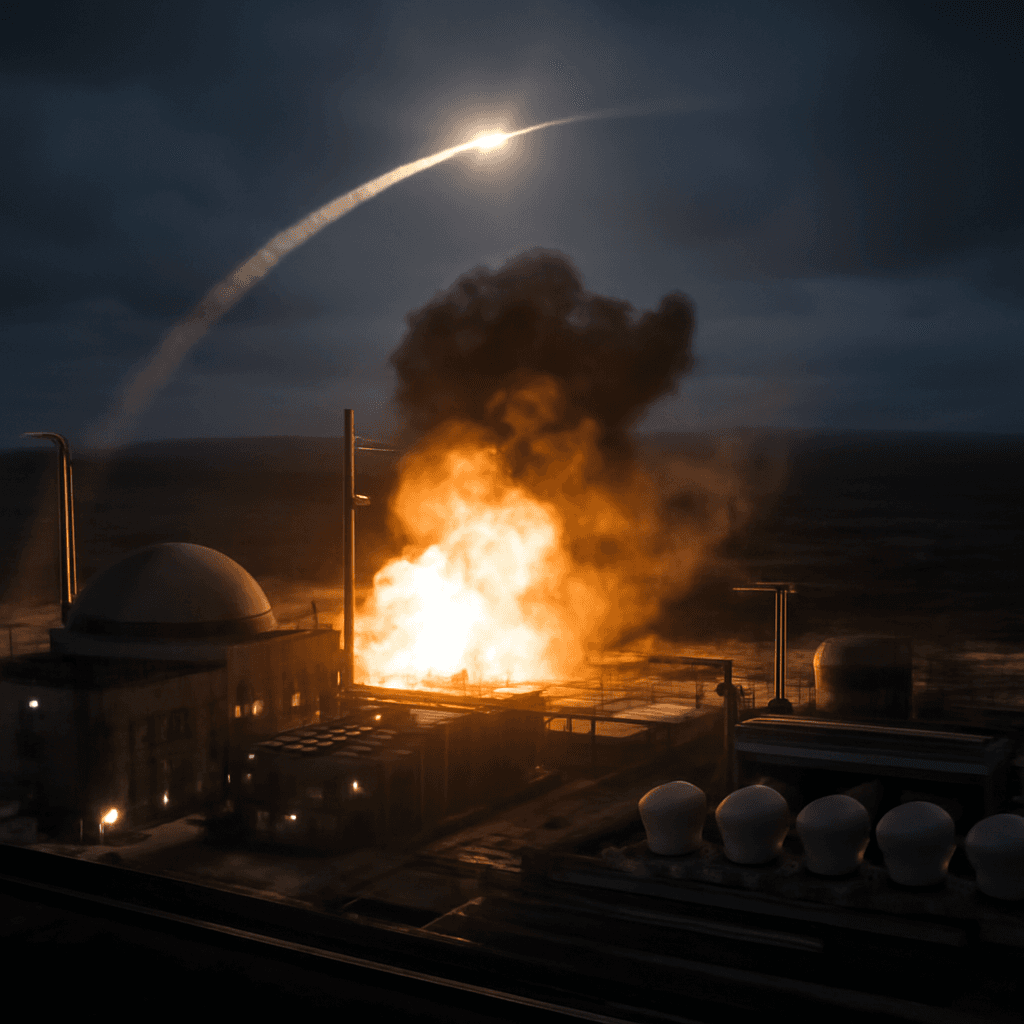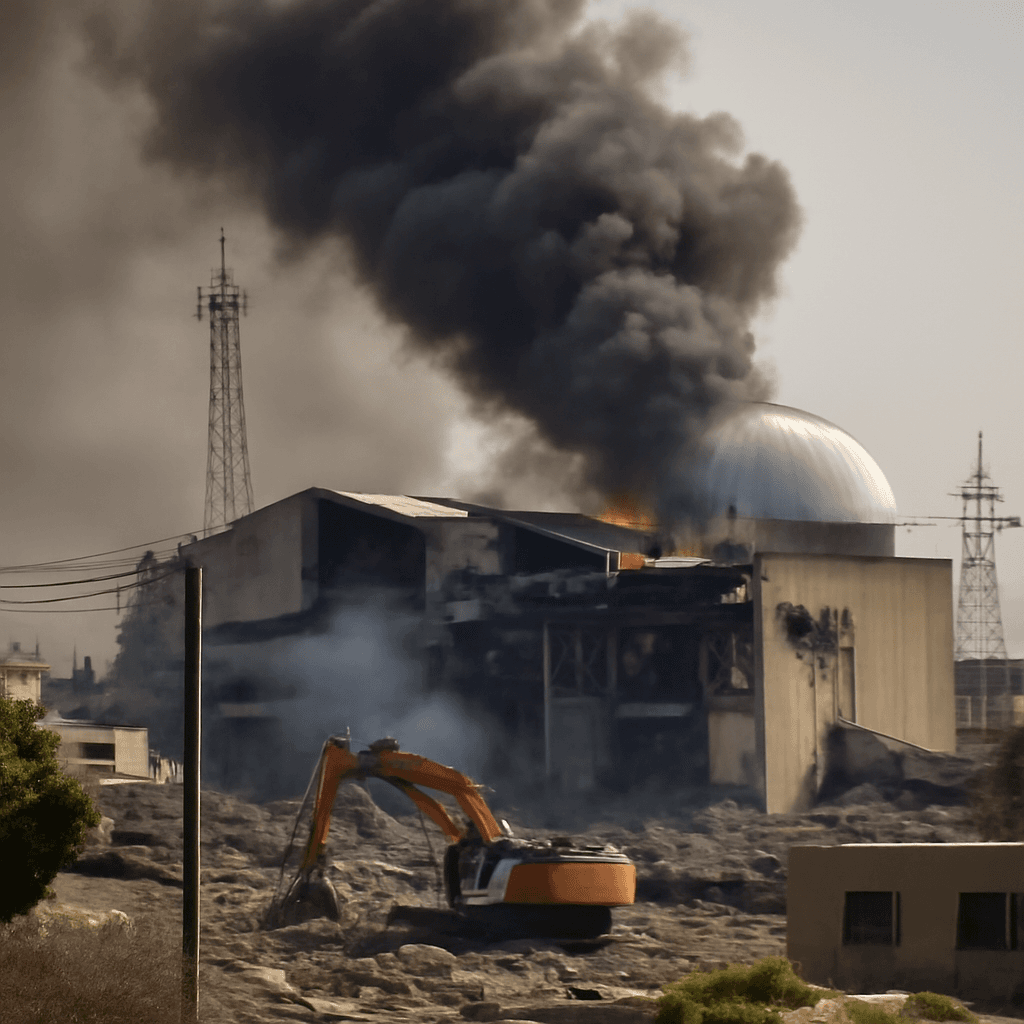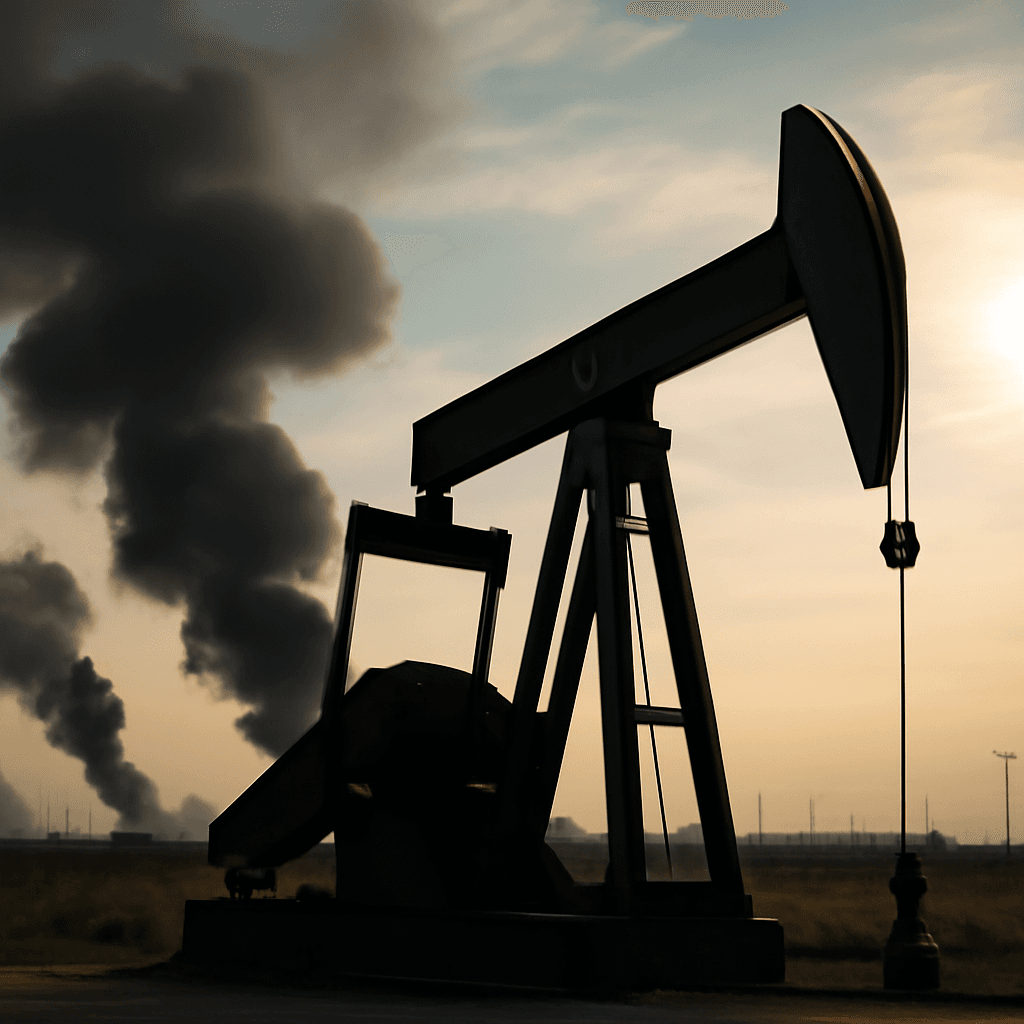Iran’s Allies Hold Back After Intense Israeli Assault
Last week, Israel launched a sweeping military operation against Iran, targeting nuclear and military sites with warplanes, drones, and covert operations. Surprisingly, Iran’s closest regional allies—Hezbollah in Lebanon and various Iranian-backed Iraqi militias—remained notably quiet, raising questions about their current strategic positions and future roles in the region.
Hezbollah’s Strategic Setback
Long regarded as Iran’s frontline defense against Israel, Hezbollah has been significantly weakened in recent months. Experts highlight that Hezbollah’s strategic capabilities have substantially eroded, in part due to disrupted supply routes via Syria. The sudden downfall of Syrian President Bashar Assad during a rapid rebel offensive severed a critical channel for Iranian arms, further diminishing Hezbollah’s operational readiness.
Implications of Syria’s Crisis
The loss of Syria as a reliable conduit has crippled Hezbollah’s ability to replenish weapons and supplies. Once boasting an arsenal said to include around 150,000 rockets and missiles and tens of thousands of fighters, the group now faces severe constraints, especially after the recent devastating conflict with Israel in 2024 that saw the deaths of key leaders and destruction of much of its military stock.
Iraqi Militias Opt for Political Gains Over Conflict
Unlike Hezbollah, many Iranian-backed militias in Iraq have integrated into the formal Iraqi security apparatus, gaining significant political influence and economic benefits within Baghdad’s government. This shift has tempered their appetite for direct confrontation. Analysts suggest that Iraqi militias are cautious, aware of the heavy losses suffered by their Lebanese counterparts and wary of provoking Israel.
Statements Without Retaliation
Both Hezbollah and Iraqi factions have condemned Israel’s airstrikes and violations of airspace, mourning the casualties and decrying foreign military presence. However, these statements have stopped short of announcing retaliatory action, hinting at a strategic restraint born from recent battlefield realities and political calculations.
A Fractured Axis and Shifting Priorities
Observers note a growing fracture within Iran’s alliance network. The idea of a tightly coordinated “axis” is fading, replaced by a looser web in which individual groups prioritize their own survival and local interests over Iran’s broader regional ambitions. This trend is reflected in Hezbollah members who reportedly feel neglected and more focused on Lebanon’s pressing issues.
Other Iranian Proxies Remain Limited
In contrast, Yemen’s Houthi rebels have maintained intermittent missile assaults on Israeli targets and shipping in the Red Sea, yet their capabilities lack the depth and sophistication Hezbollah once possessed for deep strikes against Israel.
The Broader Impact on Regional Stability
Israel’s strikes have left a toll of at least 78 dead and more than 320 wounded, intensifying tensions in the region. Officially, Israel justifies the offensive as vital to halting Iran’s nuclear progress, despite intelligence reports suggesting Iran is not actively pursuing a bomb. This escalating conflict jeopardizes renewed nuclear negotiations between Tehran and Washington, scheduled shortly after these events.
Uncertain Future
Although Iran’s prime allies appear reluctant or unable to retaliate militarily, the situation remains fluid. Political and battlefield developments could still shift these dynamics, potentially drawing these groups back into open confrontation. For now, the showdown reveals a fractured front and recalibrated strategies rather than a unified response.

